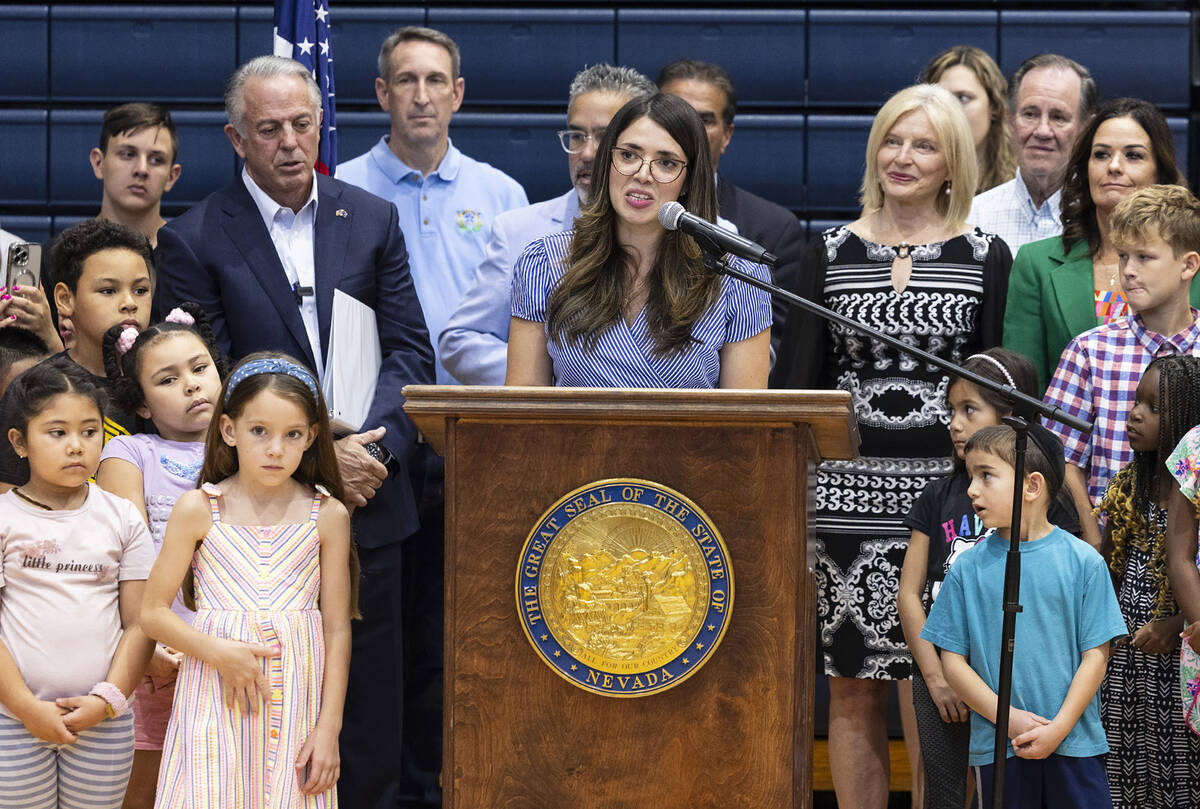VICTOR JOECKS: How the school choice revolution could save America
If you need a reason for optimism about the future of the country, here’s one. More and more states are embracing universal school choice.
On Tuesday, Texas held its primary runoff elections. That’s not usually national news, but it was this year. Texas is a reliably Republican state. Despite a strong push from Texas Gov. Greg Abbott and controlling both houses in the Legislature, Republicans couldn’t pass a school choice bill last year. The problem was that 21 Republicans in the Texas House opposed it.
Most of them won’t be back. Five retired and were replaced by school choice supporters. In the March primary, six incumbents lost. In the recent primary runoff, voters sent another three incumbents packing.
“The Texas Legislature now has enough votes to pass school choice,” Abbott wrote on X after the election.
Eleven states, including Arizona and Utah, have universal school choice. School choice gives parents access to a portion of the money the government would have spent if their child enrolled in public school. Parents can use that money to pay for private school tuition. In some programs, they can use it for home-school expenses.
Those 11 states are home to around 23 percent of all public school students. By itself, Texas has more than 11 percent of the all public school students in the country. If Texas passes universal school choice, more than one-third of public school students will have access to choice.
School choice supporters see more opportunities in the near future. For one, Louisiana is on the verge of passing universal school choice. Former Arizona Gov. Doug Ducey, a school choice champion, wants to see 26 states adopt it by 2026.
The implications could save the country. Start with the obvious. Traditional public schools do a terrible job educating children. Nationally, just one-third of fourth graders are proficient in reading, according to the Nation’s Report Card. In Nevada, it’s 27 percent.
Well-designed school choice programs improve student achievement. That’s not just true for students who participate in them. It’s true for students who remain in traditional public schools.
That’s because incentives matter. In most states, poor results allow the education blob to demand more money. That has been happening in Nevada for decades. That doesn’t improve results, but it does enrich the adults in the system.
School choice flips those incentives. If schools can’t attract parents, they lose dollars. Little wonder that they soon figure out ways to improve achievement. A few places to start: ban cellphones, restore grading standards and discipline students for bad behavior.
Students who succeed in school have better life outcomes. High school graduates have higher incomes and longer lives. They’re less likely to be imprisoned or unemployed. By improving education results, school choice will have long-run economic benefits for society.
But school choice offers hope in a more fundamental area. The left has spent decades infiltrating education schools and training teachers in liberal ideology. It shows. As shocked parents learned during COVID virtual lessons, many teachers and school districts actively indoctrinate students in leftist concepts, such as critical race theory. Students are taught to despise America and its history. Schools supply students with sexually explicit books. Some start sex education in kindergarten. Some schools will help a child pretend to switch their sex and hide it from the child’s parents.
School choice gives parents a chance to find a campus that offers a quality education and respects their values.
The results may take decades to fully see, but universal school offers hope that the next generation will be able to read, think critically and love America. No wonder the left hates it so much.
Contact Victor Joecks at vjoecks@reviewjournal.com or 702-383-4698. Follow @victorjoecks on X.























